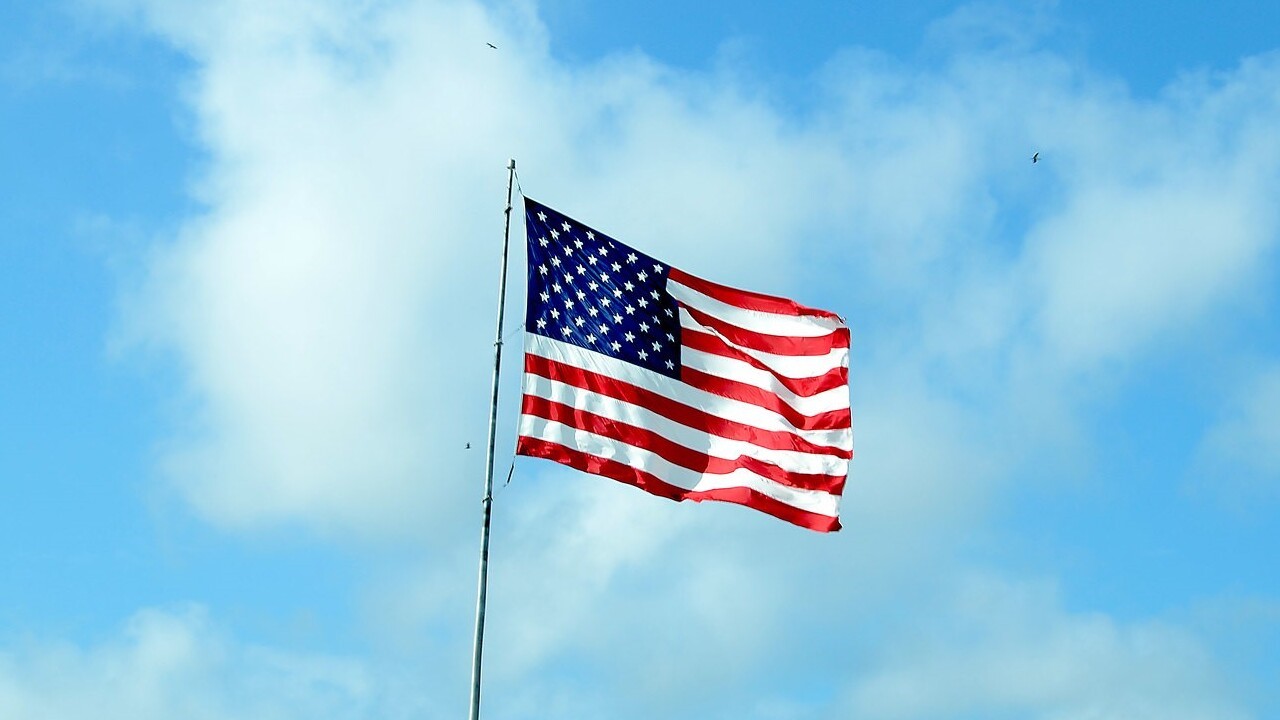More so than perhaps any story in my adult lifetime, there is now an astonishing amount of disinformation pertaining to Vladimir Putin’s war of aggression in Ukraine. Russian disinformation and Russian propaganda, by now infamous for any American with even a cursory knowledge of the 2016 and 2020 presidential elections, has of course proliferated on social media.
But, crucially, so has Ukrainian disinformation and Ukrainian propaganda. Amidst Putin’s reckless revanchism, Ukraine’s defiant president, Volodymyr Zelensky, has seized the opportunity to play a naturally sympathetic Western audience like a fiddle. How else to characterize the Ukrainian government’s opportunistic analogizing of Russia’s damaging of the Babi Yar Holocaust Memorial with the actual World War II-era genocide committed at Babi Yar — a genocide committed by German Nazis, that is, with no shortage of complicity from all-too-eager local Ukrainians?
How else to describe the mysterious blue-checked Twitter account “@Ukraine,” which blasts out mawkish videos highlighting the ubiquity of Western support for the besieged country? Indeed, the Ukrainian cause replaced John Lennon’s “Imagine” as the apotheosis of liberal internationalist fantasizing.
To make such sober, hard-headed observations is not to engage in “whataboutism” or “both sides-ism,” let alone pro-Putin apologia. It is simply to note that the situation at hand is more complicated, and more nuanced, than the specious “retrograde Russian imperialism versus enlightened Western liberal democracy” dichotomy falsely proffered by a gullible Western press. It’s time to revisit some basics.
Putin is, obviously, a thug. He rose through the ranks of the old KGB during the Cold War, and he has repeatedly described the fall of Communism and the dissolution of the Soviet Union as one of the greatest tragedies in modern political history. If Putin had his druthers, he would forcibly resuscitate the old Soviet Union in its entirety. He harbors a vestigial anti-Americanism as a result of his Cold War origins, and he routinely allies with some of the very worst geopolitical actors — Iran, Syria and, of course, China — on the world stage. On the home front, Putin has overseen mixed economic results (at best), as modern-day Russia now has a smaller GDP than such small countries as Italy and South Korea, and increasingly resembles a Persian Gulf-style petrostate. He poisons and murders domestic political foes. And his war of aggression in Ukraine is, at the end of the day, wrong — period.
But one can acknowledge all of that while simultaneously recognizing that modern post-Soviet Ukraine is not, and never has been, anything like the U.S./U.K.-style bastion of “liberal democracy” that midwit cable news talking heads — to say nothing of the propagandist @Ukraine Twitter account — depict it as. Ukraine is just as corrupt and just as oligarchic as Russia, if not more so. At the time of Ukraine’s 2014 color revolution (itself clandestinely abetted by liberal NGO types), which deposed the pro-Russian president, Viktor Yanukovych, the nation ranked as one of the absolute most corrupt nations in the world. There are neo-Nazi paramilitary units, such as the Azov Battalion, active in Ukraine. Ukraine, lest amnesic Westerners forget, is also the country of Hunter Biden and Burisma. Ukrainian oligarch Victor Pinchuk was, for years, a massive donor to the Clinton Foundation. And Zelensky himself, of course, was at the center of President Donald Trump’s first (entirely bogus) impeachment. It seems there is something fundamentally rotten about modern Ukraine that no enterprising investigative journalist has yet uncovered.
The nation of Ukraine is also, for many Westerners, a convenient vehicle by which to act out on the world stage their long-incubated anti-Russian fervor. For a certain type of emotionally fragile Western liberal, it is all too easy to see how the pathological hysteria of the 2016 Russiagate hoax might lead, now half a decade later, to a performative virtue-signaling display of a Ukrainian flag in one’s Twitter bio. In this war, the Ukrainians are the clear victims and the Russians are the clear aggressors, but that does not mean Putin’s war fits neatly into the one-size-fits-all “black versus white” faux dichotomy we have been sold.
The U.S. national interest, which is the sole criterion by which U.S. foreign policy should be implemented, is indeed best served by Zelensky staying in power. Belarus, Ukraine’s northerly neighbor, is at this point a total Russian satrapy — it was, for instance, one of only five nations to vote against the UN General Assembly’s recent condemnation of Putin’s war. America’s closest Central and Eastern European allies, such as Poland, would prefer — especially given the Belarus juxtaposition — to maintain Ukraine as a Putin-free buffer zone. That preference is logical, and it militates in favor of U.S. support for Zelensky.
But it is imperative that the means of American support stay sober and prudential, lest we get sucked into a new conflict in the European theater at a time that America’s great 21st-century geopolitical rival, China, builds up its army at an alarming rate and looks ever-so-longingly across the Taiwan Strait. Any and all calls for escalation should be soundly dismissed. Statesmen must now focus on seeking de-escalation and, ultimately, peace. As but one practical measure, President Joe Biden should formally take the prospect of NATO membership for Ukraine off the table.
Above all, Americans must remain clear-eyed about the current morass. Putin is in the wrong for launching this conflict and setting off such a horrific humanitarian nightmare. He should certainly be punished for that. But Putin is not Hitler, and this is not the beginning of World War III. Temper your emotions and your hot takes, accordingly.
PHOTO: American Flag. Photo by Brett Levin. Attribution 2.0 Generic (CC BY 2.0).
Josh Hammer is opinion editor of Newsweek, a research fellow with the Edmund Burke Foundation, counsel and policy advisor for the Internet Accountability Project, a syndicated columnist through Creators and a contributing editor for Anchoring Truths. A frequent pundit and essayist on political, legal and cultural issues, Josh is a constitutional attorney by training and the co-host of two podcasts: Newsweek's "The Debate" and the Edmund Burke Foundation's "NatCon Squad."
An outspoken conservative, Josh opines on conservative intellectual trends, contemporary domestic and foreign policy debates, constitutional and legal issues, and the intersection of law, politics and culture. He has been published by many leading outlets, including the Los Angeles Times, the New York Post, Newsweek, National Affairs, American Affairs, The National Interest, National Review, City Journal, First Things, Public Discourse, Law & Liberty, Tablet Magazine, Deseret Magazine, The Spectator, The American Conservative, The American Mind, American Greatness, American Compass, Anchoring Truths, Townhall, The Epoch Times, The Daily Wire, Fortune, Fox Business, Pairagraph, The Jerusalem Post, The Times of Israel, The Forward, Jewish Telegraphic Agency and the Jewish Journal. He has had formal legal scholarship published by the Harvard Journal of Law & Public Policy and the University of St. Thomas Law Journal.
Josh is a college campus speaker through Intercollegiate Studies Institute and Young America's Foundation, as well as a law school campus speaker through the Federalist Society. Prior to Newsweek and the Daily Wire, where he was an editor, Josh worked at a large law firm and clerked for a judge on the U.S. Court of Appeals for the Fifth Circuit. Josh has also served as a John Marshall Fellow with the Claremont Institute.
Josh graduated from Duke University, where he majored in economics, and from the University of Chicago Law School. He lives in Miami, but remains an active member of the State Bar of Texas.






